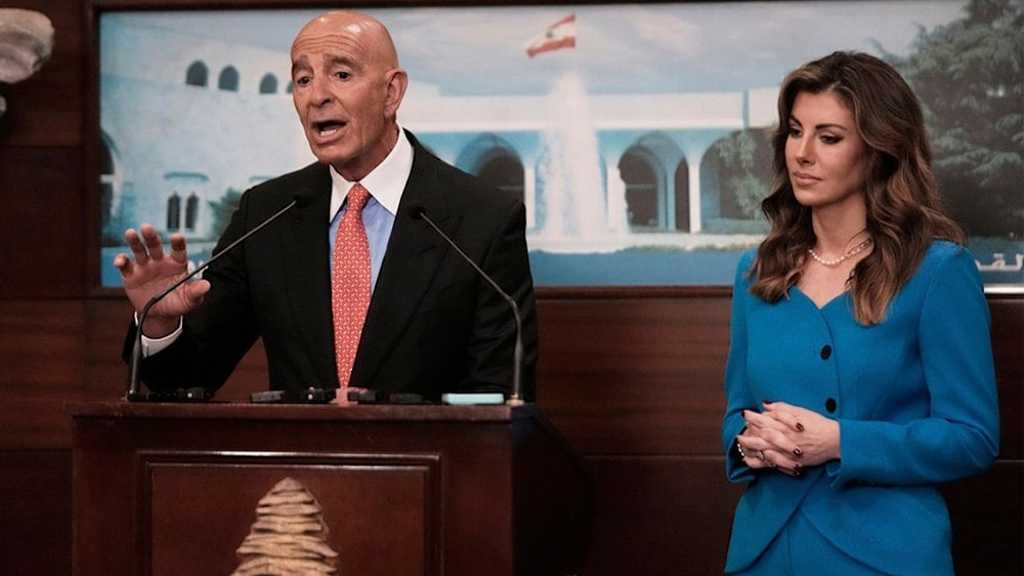US Envoy Barrack Calls Lebanese Journalists ’Animalistic’’

By Staff, Agencies
A joint press conference at Lebanon’s presidential palace erupted into controversy after U.S. representative Tom Barrack berated local journalists, warning them to remain quiet and “act civilized.”
Speaking alongside U.S. envoy Morgan Ortagus, Barrack repeatedly demanded order from reporters, threatening to cut the conference short if they did not comply.
“The moment this starts becoming chaotic, like animalistic, we’re gone,” he declared, later questioning whether “it is economically beneficial for Morgan and I to be here putting up with this insanity.
” He further linked the region’s broader problems to what he described as a lack of “tolerance,” saying: “Act civilized, act kind, act tolerant, because this is the problem with what’s happening in the region.”
The remarks were widely condemned as patronizing and insulting. Though journalists present did not respond immediately, the Lebanese Press Syndicate issued a strongly worded statement hours later denouncing the “inappropriate treatment” directed at its members.
It called on Barrack and the U.S. State Department to issue a formal apology and warned it could urge a boycott of Barrack’s future visits if none is forthcoming.
The Lebanese presidency also expressed regret over the episode in an official communiqué that notably avoided naming Barrack directly.
The statement underscored the presidency’s “absolute respect for the dignity of the human person” and voiced appreciation for the work of accredited journalists fulfilling their professional and national duties.
Barrack’s choice of words sparked a wave of backlash on social media, where users accused him of arrogance and neocolonial attitudes.
Many saw his comments as reflecting a sense of Western superiority, reducing legitimate press activity to chaos and implying Lebanese reporters lacked professionalism.
Calls for accountability and boycotts of Barrack’s future engagements quickly gained traction online.
The incident highlighted longstanding sensitivities in Lebanon over how foreign officials address local institutions and the press, with critics saying Barrack’s comments reinforced harmful stereotypes rather than encouraging dialogue.
Comments
- Related News




